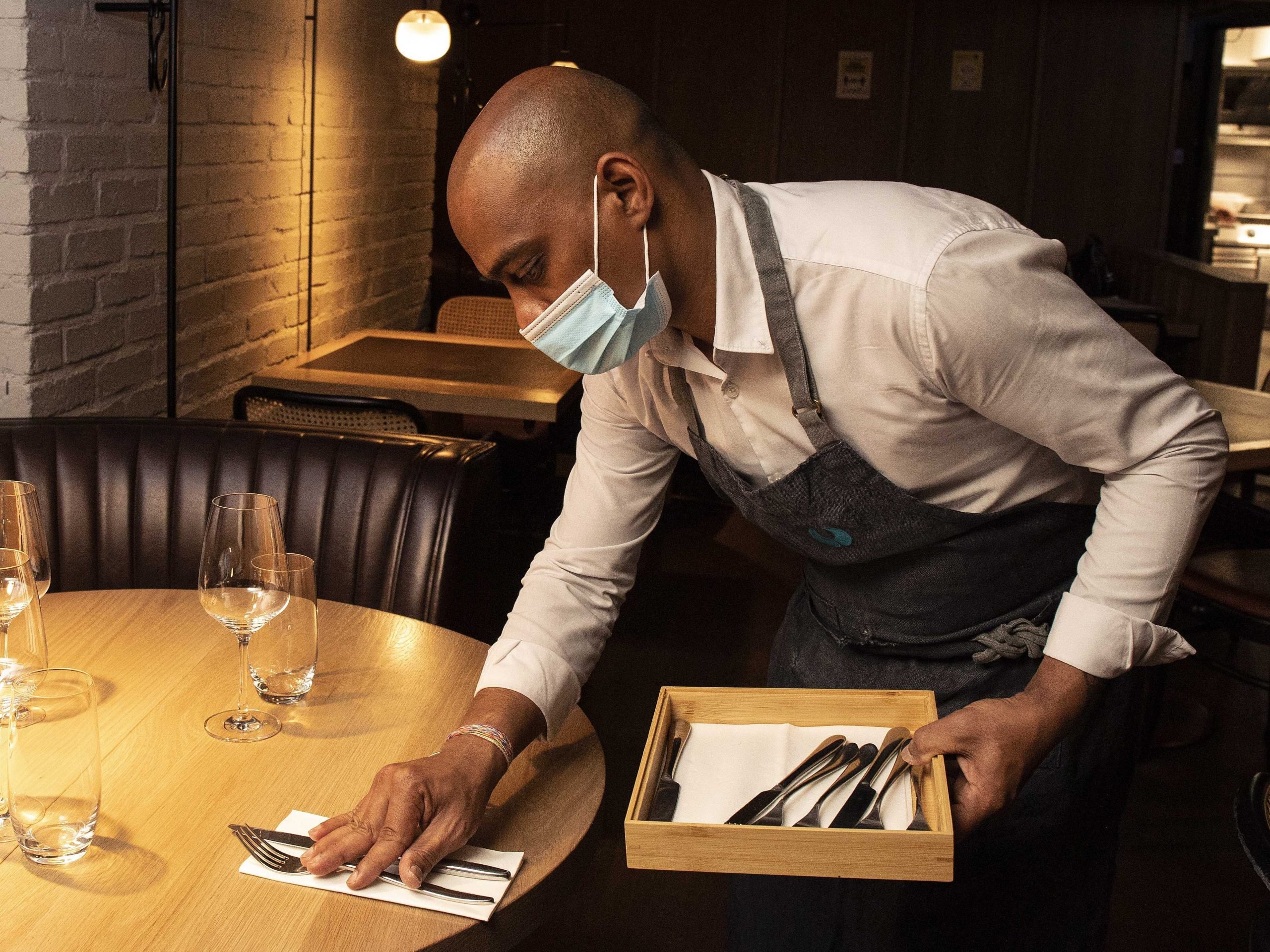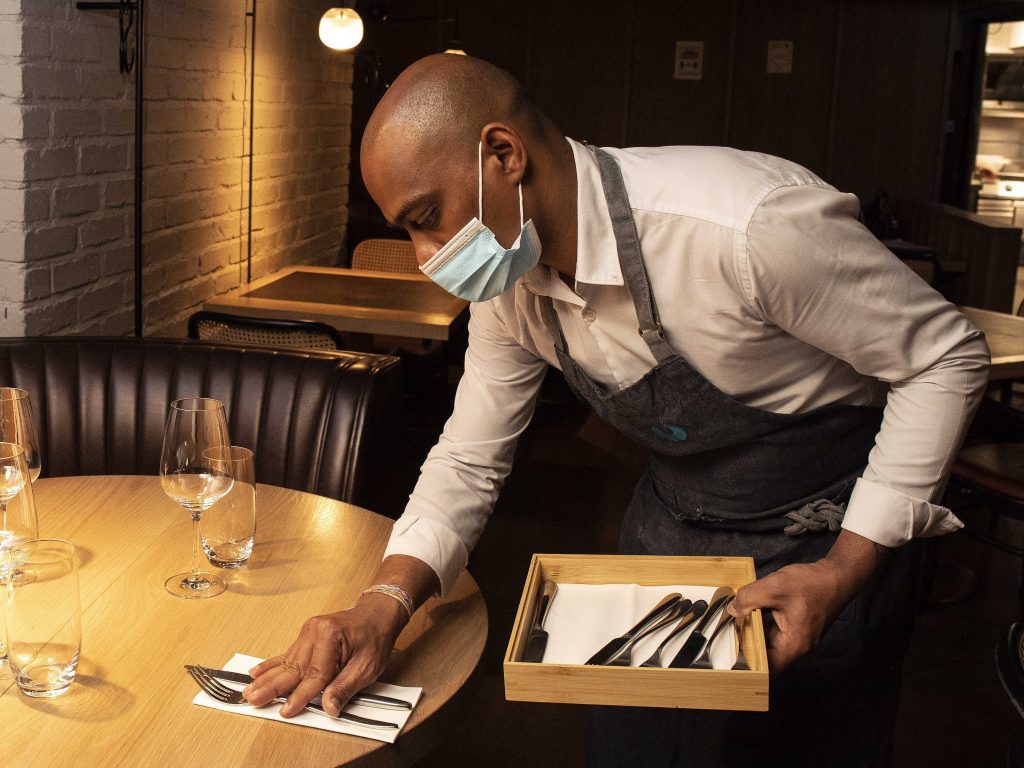
Damien Eagers/PA Images via Getty Images
- A Manhattan restaurant owner raised prices so she could pay all staff a $25-an-hour starting wage.
- "I still don't think we pay them enough," Amanda Cohen, owner of Dirt Candy, told Insider.
- Restaurants are struggling to find staff – but Cohen says she hasn't had "a single problem."
- See more stories on Insider's business page.
A Manhattan restaurant owner thinks the $25-an-hour starting wage she pays her staff still isn't high enough.
Amanda Cohen, who owns vegetarian tasting restaurant Dirt Candy, hiked up wages when she reopened indoor dining in May 2021, after realizing how badly some workers struggled financially during lockdown.
Cohen said she previously thought she paid her staff a decent wage, but that it became clear she was not paying them enough. The pandemic forced her to close her restaurant in March 2020 and lay off her 30 employees.
"I know none of them have enough savings to weather this," she told Insider. "I want my staff to have more."
While the restaurant was closed, she decided that she'd raise wages when she reopened.
The chefs were previously paid between $18 and $21 an hour and front-of-house staff between $23 and $25. Now their wages all start at $25, with built-in raises based on the length of service, she said.
"I still don't think we pay them enough," she said.
Cohen said that even before the pandemic, the restaurant industry was rife with poaching and had "really turned into this gig economy where these cooking jobs started to feel really disposable, as though you could hop from one to the next" for better wages.
During the pandemic, restaurant workers have been demanding better pay and working conditions, "justifiably so," Cohen said. Some workers quit the industry, causing restaurants to slash hours, limit services, or even close for good.
It's not just restaurants that have been hit by what's billed as "The Great Resignation." Businesses ranging from ride-hailing apps and small stores to hotels and delivery services have been struggling to find new workers or retain existing staff, saying they don't need to take low-paying jobs in such a competitive labor market.
Cohen said Dirt Candy, which now has around 25 staff, provides employees with paid time off and health insurance. She said that in other industries, these provisions were "just standard, but in a restaurant, somehow it became sort of the norm not to treat our employees like professionals."
The restaurant also has a no-tipping policy, which has been in place since 2015.
"We don't have to trick you into paying a 20% 'tip' at the end of your meal to cover our labor costs," Dirt Candy says on its website.
Cohen said some staff had left Dirt Candy during the pandemic to move to a new town or different industry, but that she'd been able to find replacements easily.
"We have not had a single problem with finding staff," she said.
Cohen said that the wage hikes meant she had to raise prices by around 30%.
She streamlined the restaurant's menu, too. Previously, it offered tasting menus of five and ten courses, but now it just offers one five-course menu, which she said slashed the restaurant's food costs and meant she could afford to pay staff more.
"We put the focus on staff comes first and everything comes second," Cohen said. "I can't succeed without a staff."
Other restaurants have voiced concerns that price hikes could lead to fewer visitors, but Cohen said her menu changes hadn't deterred diners. She said that the restaurant, which seats 44, was serving between 85 and 90 diners on an average night, which was roughly the same as pre-pandemic.
"I think for a pandemic, we're doing just fine," she said.
Do you own or manage a restaurant that's struggling to find staff? Or are you a hospitality worker who quit your job - or the industry - over pay, benefits, or working conditions? Contact this reporter at [email protected].
